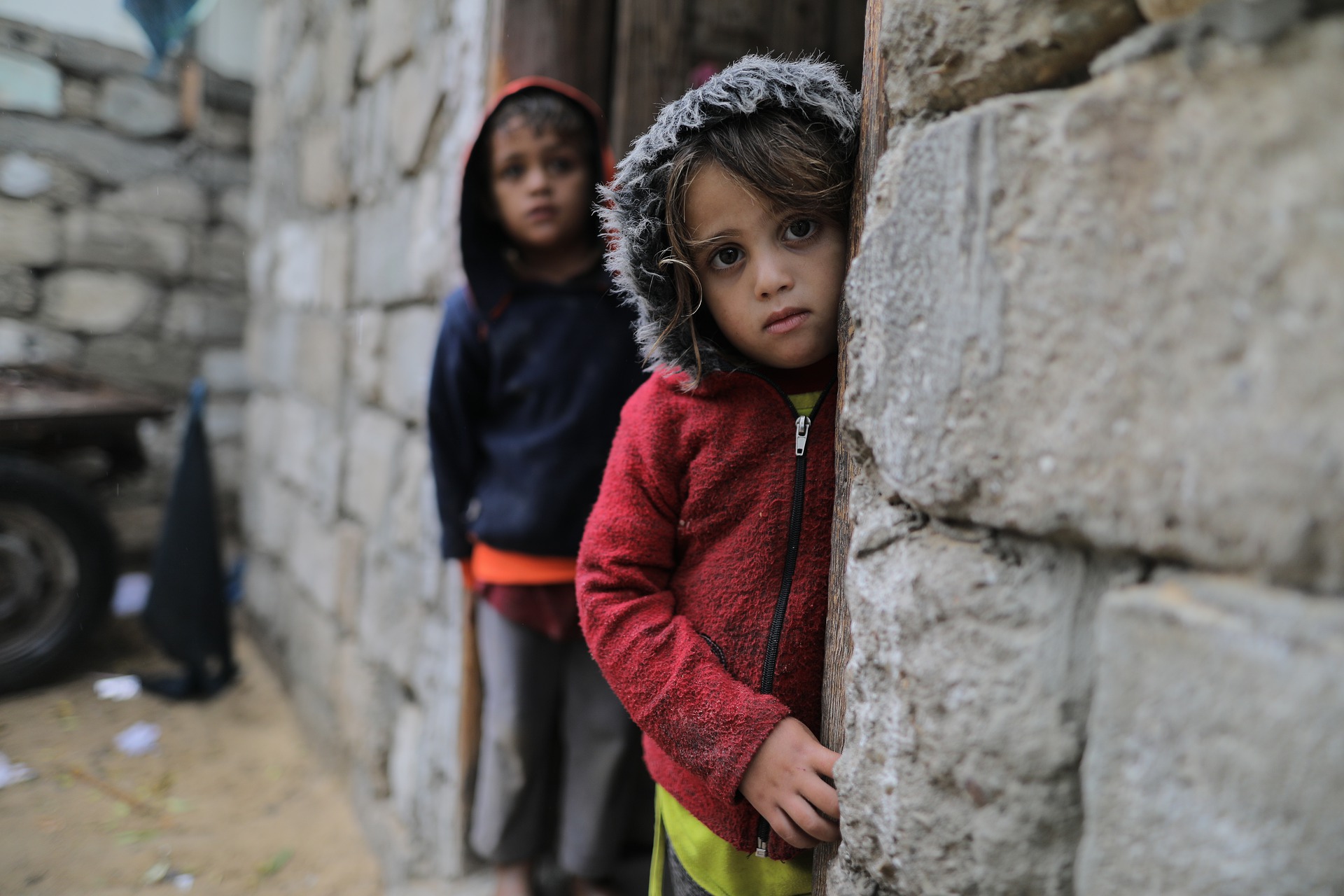Want to delve deeper into The Palestinian Struggle Is Not Just A Cry For Justice? Read this article to gain broader knowledge.

The Palestinian Struggle: Beyond a Cry for Justice
Amidst the complexities and turmoil that engulf our world, the struggle of the Palestinian people often reverberates as a distant echo. Yet, it is a story that demands our attention, a narrative that transcends geographical boundaries and speaks to the very essence of human rights and freedom.
The plight of the Palestinians is not merely a political issue; it is a humanitarian crisis that has left deep scars on generations. It is a story of displacement, occupation, and the yearning for statehood – a dream that has been deferred for far too long.
The Palestinian Identity: A Legacy of Resilience
At the heart of the Palestinian struggle lies the enduring identity of a people. Despite decades of displacement and exile, Palestinians have clung steadfastly to their cultural heritage, their language, and their traditions. This resilience has served as a beacon of hope amidst adversity.
The Palestinian people are not defined solely by their suffering; they are also known for their unwavering spirit. Throughout history, they have exhibited extraordinary courage and determination in the face of oppression. From the Intifada uprisings to the nonviolent resistance movement, Palestinians have consistently defied the odds, seeking justice through peaceful means.
The Historical Roots of the Conflict
The origins of the Palestinian struggle can be traced back to the 19th century, when the British Mandate over Palestine was established. The subsequent Balfour Declaration of 1917 promised a Jewish homeland in the region, while the Palestinian population was largely ignored.
In 1948, the establishment of the State of Israel led to the displacement of hundreds of thousands of Palestinians from their homes. This event, known as the Nakba (catastrophe), left a lasting wound on the Palestinian psyche and created a refugee crisis that continues to this day.
The Occupation and its Consequences
Since the Six-Day War in 1967, Israel has occupied the West Bank, Gaza Strip, and East Jerusalem. This occupation has had a devastating impact on the lives of Palestinians.
Israeli settlements have been built on occupied land, displacing Palestinians and fragmenting their territory. Palestinians face restrictions on movement, access to resources, and basic human rights. The occupation has created a cycle of poverty, unemployment, and dependency.
The Search for a Just Solution
For nearly a century, the Palestinian people have sought a just and lasting resolution to their conflict with Israel. They have proposed a two-state solution, with a secure and viable Palestinian state alongside the State of Israel.
However, negotiations between the two sides have repeatedly failed to produce concrete results. The international community has also failed to adequately address the plight of the Palestinians, often prioritizing other geopolitical concerns.
The Latest Developments and Trends
In recent years, the Palestinian struggle has gained renewed attention due to the rise of social media and global activism. The BDS (Boycott, Divestment, and Sanctions) movement has emerged as a nonviolent form of resistance, targeting companies and institutions that profit from the Israeli occupation.
Additionally, the United Nations General Assembly has passed numerous resolutions condemning Israel’s human rights violations and calling for a just solution to the conflict. However, these resolutions have often been met with resistance from the Israeli government.
Tips and Expert Advice for Understanding the Palestinian Struggle
To gain a deeper understanding of the Palestinian struggle, it is essential to listen to the voices of Palestinians themselves. Their personal narratives, experiences, and aspirations provide invaluable insights into the complexities of the conflict.
Additionally, it is important to consult reputable sources of information and engage in critical thinking. Avoid biased or inaccurate reporting that perpetuates stereotypes or oversimplifies the issue.
FAQ on the Palestinian Struggle
Q: What is the root cause of the Palestinian-Israeli conflict?
A: The conflict is rooted in the historical and political events surrounding the creation of the State of Israel and the displacement of the Palestinian people.
Q: What is the main goal of the Palestinian people?
A: Palestinians seek self-determination and the establishment of a sovereign state alongside the State of Israel.
Q: What is the role of the international community in the conflict?
A: The international community has a responsibility to uphold international law and support a just resolution to the conflict, ensuring the protection of human rights and the realization of a two-state solution.
Conclusion
The Palestinian struggle is not just a cry for justice; it is a testament to the resilience and determination of an entire people. Their fight for self-determination and an end to occupation is a noble one, one that deserves our attention and support.
As we reflect on the complexities of the conflict, let us not forget the human cost involved. The Palestinian people have endured tremendous suffering and deserve a future free from violence, oppression, and injustice.
Are you interested in learning more about the Palestinian struggle?

Image: blogs.timesofisrael.com
We express our gratitude for your visit to our site and for reading The Palestinian Struggle Is Not Just A Cry For Justice. We hope this article is beneficial for you.